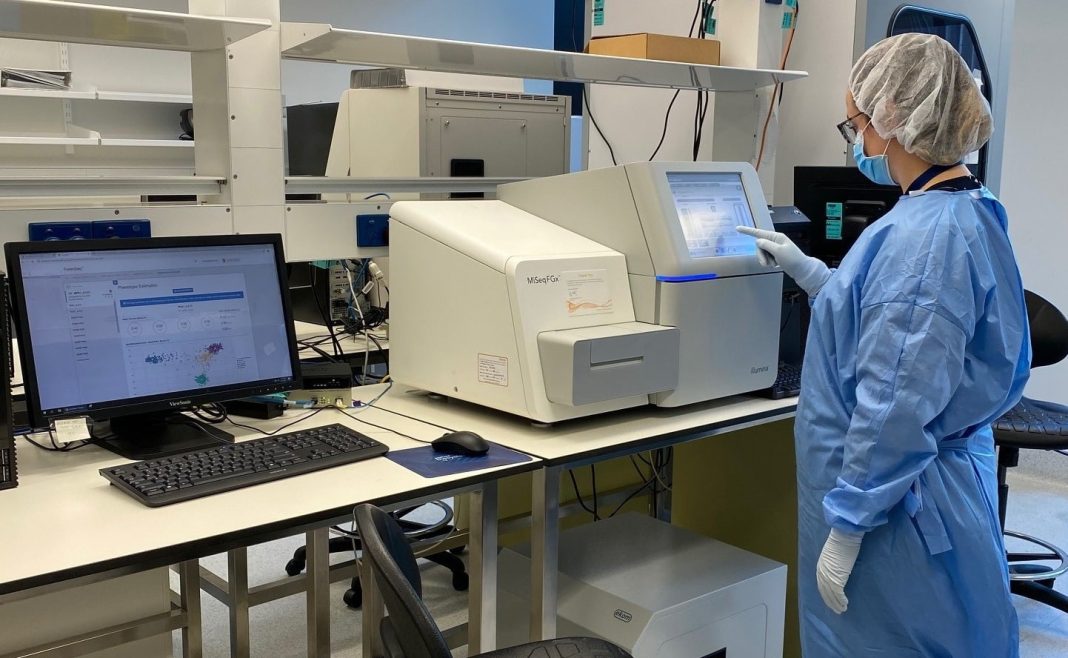A new technology that opens a new world of forensic DNA testing for criminal investigation is being used by the Australian Federal Police (AFP).
The new technology, known as Massively Parallel Sequencing (MPS), can provide predictions for visual traits of criminals from the DNA they leave at a crime scene allowing investigators to predict gender, biogeographical ancestry, eye colour and, in coming months, hair colour.
Biographical ancestry prediction compares DNA to a reference library of three ancient human population groups, which may help exclude persons of interest.
The AFP has been carefully testing and assessing MPS to ensure its accuracy, prior to any use in forensic investigations. This validation for use in forensic analysis is an Australian first for law enforcement.
MPS works by examining the nucleotide base sequence of the DNA that is present in samples collected at crime scenes, this is the fundamental code for all living things including humankind.
Current DNA profiling technologies for human identification examine the length variations on the human genome, but MPS examines the nucleotide sequence of those regions, making MPS more informative than traditional DNA profiling.
The true power of MPS technology comes from its ability to obtain leads from DNA when the perpetrator is unknown and there is no matching profile on a law enforcement DNA database. The platform also has application in missing persons and unidentified human remains cases.
The AFP is also currently collaborating with academia and Geoscience Australia to develop MPS capabilities to analyse environmental DNA (eDNA) as a forensic tool for soil, dust and water profiling and drug investigations.
Dr Paul Roffey, Lead Scientist behind MPS at AFP Forensics and Adjunct Professor at the University of Canberra said the possibilities for MPS technology will only increase.
“Over the next decade our team will be looking to widen prediction capabilities to include traits such as age, body mass index and height,” he said.
“We will also be seeking opportunities to provide fine detail predictions for facial metrics such as distance between the eyes, eye, nose and ear shape, lip fullness, and cheek structure”.
The AFP is mindful of maintaining public trust and confidence in the use of new bio-technology, and has implemented processes to minimise privacy impacts and to safeguard any genetic information.
Get all the latest Canberra news, sport, entertainment, lifestyle, competitions and more delivered straight to your inbox with the Canberra Daily Daily Newsletter. Sign up here.



